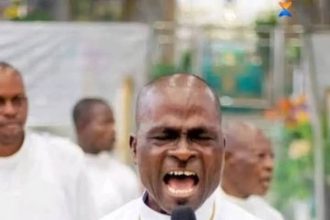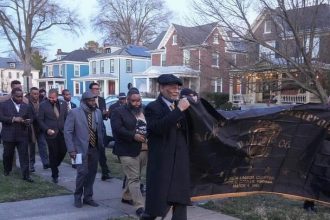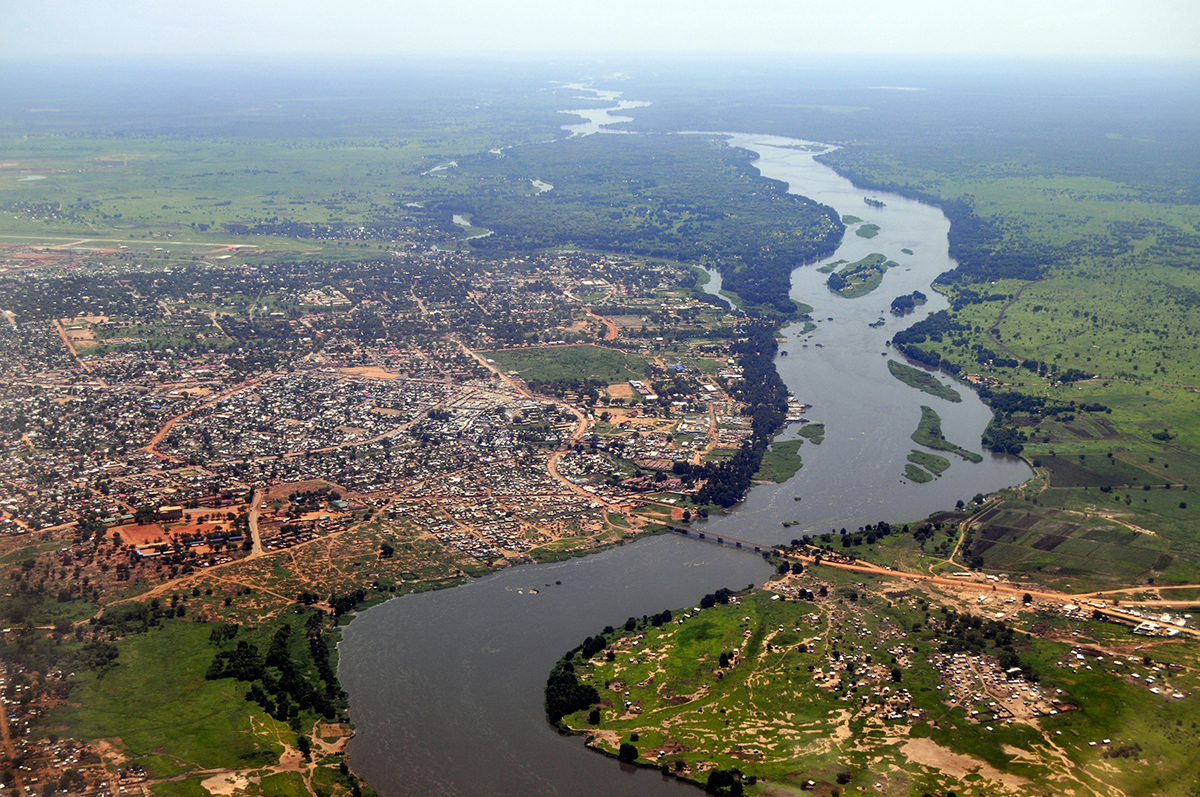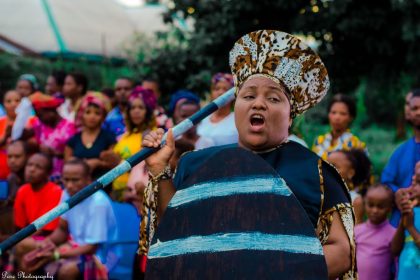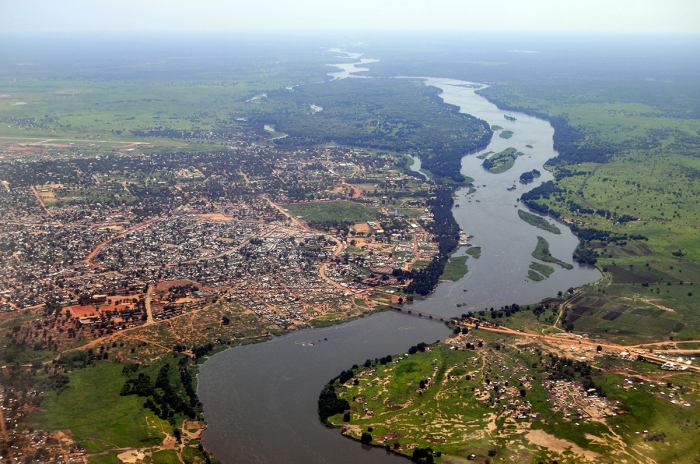
JUBA, South Sudan — Muslims in Sudan’s River Nile state drove 34 displaced Christians from their homes, sources said.
The Muslim residents of the El Matamah area of Al-Makniya told the Christians of Nuba Mountains ancestry who had fled military conflict in Omdurman, near Khartoum, that they did not want Christians or black people in the area, according to a report on the website of the Sudan’s People Liberation Movement-North (SPLM-N).
An area church leader confirmed the SPLM-N account to Morning Star News. Though the Muslim residents initially accused the Christians of stealing livestock and violating Islamic codes, a police officer told the Christians that the residents’ objected to their presence essentially on religious grounds, according to the SPLM-N website. It added that authorities later apprehended the cattle thieves, who were not Christians.
Initially, about 30 residents showed up at the home of one of the displaced Christian families last month and said they must vacate their houses and leave the area, according to the SPLM-N. Later more than 50 Muslims issued the same demand, and when the Christians refused to leave, some days later an even larger crowd of neighbors arrived and demanded they leave within three days.
“We don’t want you here at all, and we are giving you three days to vacate the house,” one of the residents told them, according to the SPLM-N. “We are not concerned with the law, and we do everything with our own hands. … I am a racist, and I don’t want any black person here.”
The displaced persons asked for police help but received no response, a Christian identified only as Y.M.T. told the SPLM-N. Officers told the Christians that no one had filed any complaints against them. Later the Muslim residents asked police for an expulsion order, which was denied, according to Y.M.T.
When the Muslim residents then went to the public prosecutor seeking an eviction order from the area, the office denied their request due to lack of evidence of any charges, Y.M.T. told the SPLM-N.
The Christians’ appeals for help to other local officials fell on deaf ears.
Muslim resident Barai Khader reportedly demanded that one of the Christians, Darius Yasser Hussein, remove a cross and convert to Islam, according to SPLM-N.
“One of the officers, who asked not to reveal his name to the family, said that the problem was basically religious and had nothing to do with the aforementioned charges,” one of the Christians told SPLM-N.
The Muslim residents on Oct. 19 arrived at the Christians’ homes and forcibly expelled them from Al-Makniya, according to the SPLM-N.
“While we were waiting and following up on the legal procedures, the people of the neighborhood came to us on Saturday, October 19, and expelled and deported us from the Makniya area without protection from any official body in the locality, despite their knowledge of that,” the Christian told the SPLM-N. “We were forcibly displaced for the second time, as half of us went to Shendi [River Nile state], while the other half preferred to return to Omdurman to avoid repeating religious, ethnic and regional discrimination.”
He called on human rights organizations and humanitarian workers to assist them.
“We are in a very bad humanitarian situation, as we have lost our shelter, and we have children, women and the elderly, and we have lost our livelihoods that help us provide for our basic daily needs,” the Christian told the SPLM-N.
In Omdurman, across the Nile River from Khartoum, fighting and shelling between the Rapid Support Forces (RSF) and the Sudanese Armed Forces (SAF) continues.
Fighting in Sudan between the paramilitary RSF and the SAF broke out in April 2023. The conflict between the RSF and the SAF, which had shared military rule in Sudan following an October 2021 coup, has terrorized civilians in Khartoum and elsewhere, displacing 11.2 million people within and beyond Sudan’ borders, according to the U.N. Refugee Agency.
The SAF’s Gen. Abdelfattah al-Burhan and his then-vice president, RSF leader Mohamed Hamdan Dagalo, were in power when civilian parties in March 2023 agreed on a framework to re-establish a democratic transition the next month, but disagreements over military structure torpedoed final approval.
Burhan sought to place the RSF — a paramilitary outfit with roots in the Janjaweed militias that had helped former strongman Omar al-Bashir put down rebels — under the regular army’s control within two years, while Dagolo would accept integration within nothing fewer than 10 years. The conflict burst into military fighting on April 15, 2023.
Both military leaders have Islamist backgrounds while trying to portray themselves to the international community as pro-democracy advocates of religious freedom.
Christian sites have been targeted since the conflict began.
In Open Doors’ 2024 World Watch List of the countries where it is most difficult to be a Christian, Sudan was ranked No. 8, up from No. 10 the previous year, as attacks by non-state actors continued and religious freedom reforms at the national level were not enacted locally.
Sudan had dropped out of the top 10 for the first time in six years when it first ranked No. 13 in the 2021 World Watch List.
Following two years of advances in religious freedom in Sudan after the end of the Islamist dictatorship under Bashir in 2019, the specter of state-sponsored persecution returned with the military coup of Oct. 25, 2021. After Bashir was ousted from 30 years of power in April 2019, the transitional civilian-military government had managed to undo some Sharia (Islamic law) provisions. It outlawed the labeling of any religious group “infidels” and thus effectively rescinded apostasy laws that made leaving Islam punishable by death.
With the Oct. 25, 2021, coup, Christians in Sudan feared the return of the most repressive and harsh aspects of Islamic law. Abdalla Hamdok, who had led a transitional government as prime minister starting in September 2019, was detained under house arrest for nearly a month before he was released and reinstated in a tenuous power-sharing agreement in November 2021.
Hamdock had been faced with rooting out longstanding corruption and an Islamist “deep state” from Bashir’s regime — the same deep state that is suspected of rooting out the transitional government in the Oct. 25, 2021, coup.
The U.S. State Department in 2019 removed Sudan from the list of Countries of Particular Concern (CPC) that engage in or tolerate “systematic, ongoing and egregious violations of religious freedom” and upgraded it to a watch list. Sudan had previously been designated as a CPC from 1999 to 2018.
In December 2020, the State Department removed Sudan from its Special Watch List.
The Christian population of Sudan is estimated at 2 million, or 4.5% of the total population of more than 43 million.
Originally published at Morning Star News
Morning Star News is the only independent news service focusing exclusively on the persecution of Christians. The nonprofit’s mission is to provide complete, reliable, even-handed news in order to empower those in the free world to help persecuted Christians, and to encourage persecuted Christians by informing them that they are not alone in their suffering.

